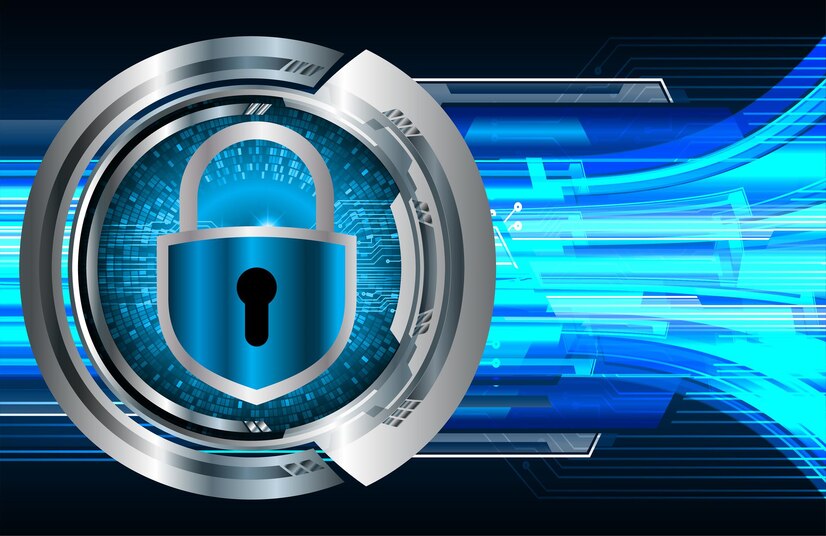Cyber breaches pose a significant threat to individuals and organizations alike, with the potential to wreak havoc on both personal and professional lives. In this article, we’ll delve into the hidden dangers and their impact on your life.
Table of Contents
Introduction
In today’s interconnected world, cyber breaches have become increasingly common, affecting millions of people every year. From stolen personal information to financial loss and reputational damage, the consequences of a cyber breach can be devastating. It’s essential to understand the risks and take proactive measures to protect yourself against these threats.
Understanding Cyber Breaches
Cyber breaches encompass a wide range of malicious activities aimed at infiltrating computer systems and networks to steal sensitive information or cause harm. These breaches can take many forms, including malware infections, phishing attacks, ransomware, and data breaches. Cybercriminals employ sophisticated techniques to exploit vulnerabilities and gain unauthorized access to valuable data.
The Human Cost of Cyber Breaches
Beyond the financial and operational implications, cyber breaches can have a profound impact on individuals’ lives. Victims may experience stress, anxiety, and emotional distress as a result of having their personal information compromised. In extreme cases, cyber breaches can lead to identity theft, fraud, and even physical harm.
Common Types of Cyber Breaches
Cybercriminals use various tactics to execute cyber breaches, targeting individuals, businesses, and government agencies alike. Some of the most common types
- Malware Infections: Malicious software designed to infiltrate and damage computer systems.
- Phishing Attacks: Deceptive emails or messages aimed at tricking recipients into disclosing sensitive information.
- Ransomware: Software that encrypts files or systems and demands payment for their release.
- Data Breaches: Unauthorized access to sensitive information, such as personal or financial data.
Protecting Yourself Against Cyber Breaches
While no system is entirely immune to cyber breaches, there are steps you can take to reduce your risk and mitigate the impact of an attack. These include:
- Using Strong Passwords: Choose unique, complex passwords for each online account and enable multi-factor authentication where possible.
- Keeping Software Updated: Regularly update your operating system, antivirus software, and other applications to patch known vulnerabilities.
- Practicing Vigilance: Be cautious of unsolicited emails, messages, or phone calls, especially if they request sensitive information or seem suspicious.
- Backing Up Data: Regularly back up important files and data to an external hard drive or cloud storage service to prevent data loss in the event of a breach.
The Role of Cybersecurity Measures
Effective cybersecurity measures are essential for protecting against cyber breaches and safeguarding your digital assets. These measures may include:
- Firewalls: Install firewalls to monitor and control incoming and outgoing network traffic, blocking unauthorized access and potential threats.
- Antivirus Software: Use reputable antivirus software to detect and remove malware infections, providing an additional layer of defense against cyber threats.
- Employee Training: Educate employees about cybersecurity best practices and the potential risks associated with cyber breaches, empowering them to recognize and respond to threats effectively.
- Incident Response Plan: Develop and implement a comprehensive incident response plan to minimize the impact of cyber breaches and facilitate a swift recovery process.
Conclusion
Cyber breaches pose a significant threat to individuals, businesses, and society as a whole, with far-reaching consequences that extend beyond the digital realm. By understanding the risks, implementing proactive security measures, and staying vigilant against emerging threats, you can protect yourself against cyber breaches and safeguard your digital life.
FAQs
- What are the most common entry points for cyber breaches?
- Cybercriminals often exploit vulnerabilities in outdated software, weak passwords, or unsecured network connections to gain unauthorized access.
- How can individuals detect if they’ve been targeted by a cyber breach?
- Signs of a cyber breach may include unusual account activity, unexpected pop-up messages, or suspicious emails requesting personal information.
- What should I do if I become a victim of a cyber breach?
- If you suspect you’ve been targeted by a cyber breach, immediately change your passwords, notify relevant authorities or organizations, and monitor your accounts for any unauthorized activity.
- Are there any industries particularly vulnerable to cyber breaches?
- Industries that handle large volumes of sensitive data, such as healthcare, finance, and government, are often targeted by cybercriminals due to the potential for significant financial gain.
- How can businesses prevent cyber breaches from occurring?
- Businesses can mitigate the risk of cyber breaches by implementing robust cybersecurity measures, conducting regular security audits, and providing ongoing employee training to raise awareness of potential threats.


1 thought on “Unveiling Hidden Dangers: Cyber Breaches & Your Life”